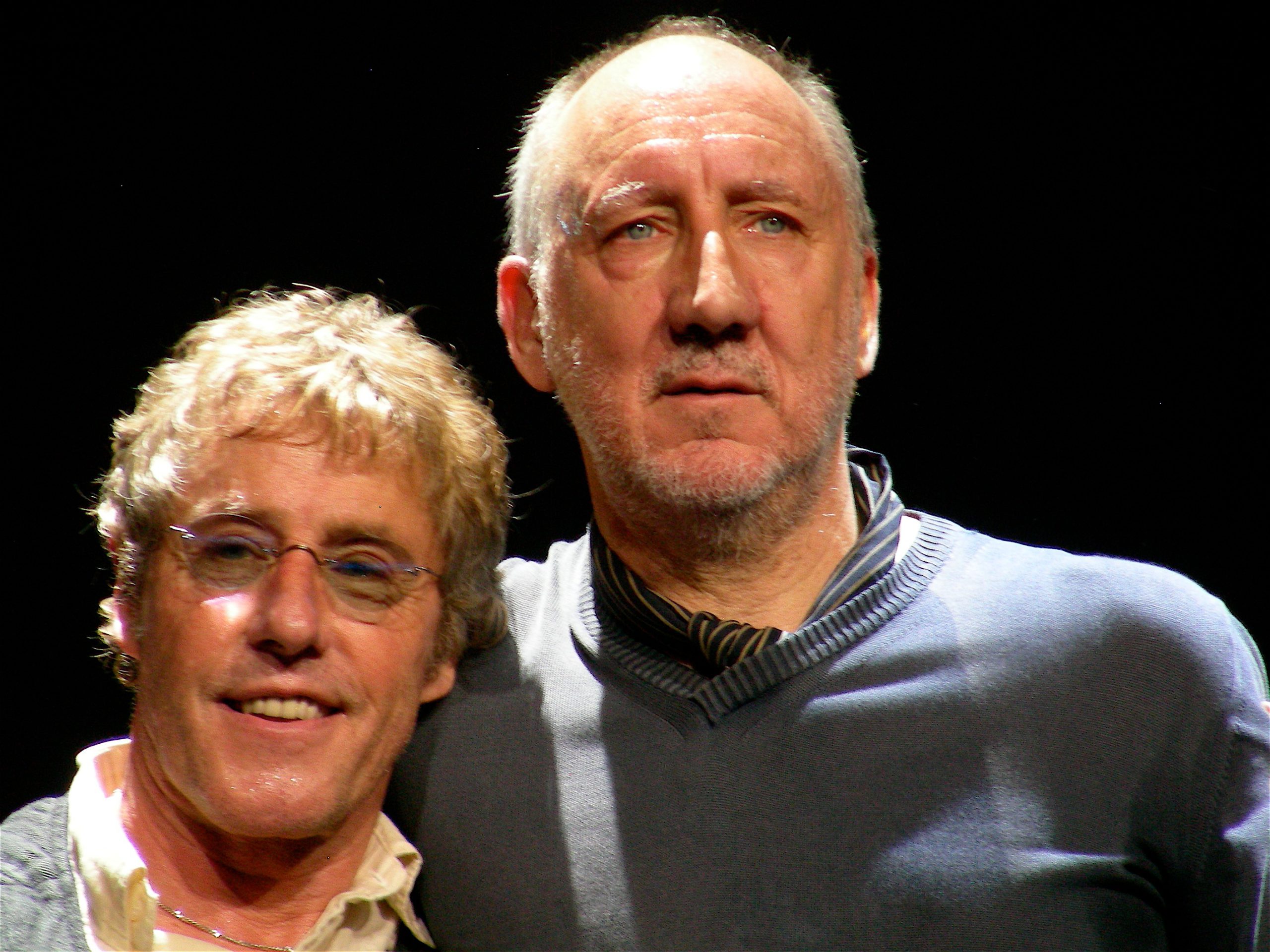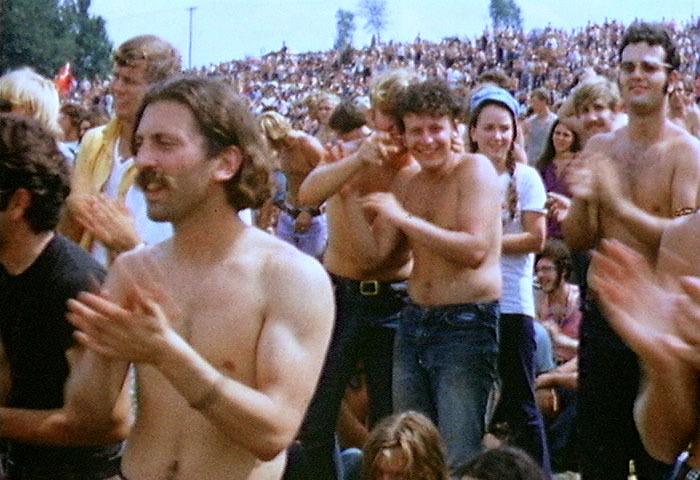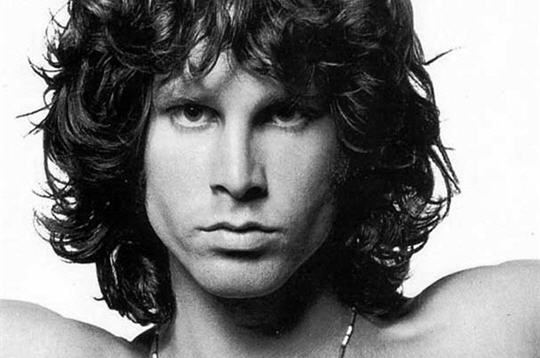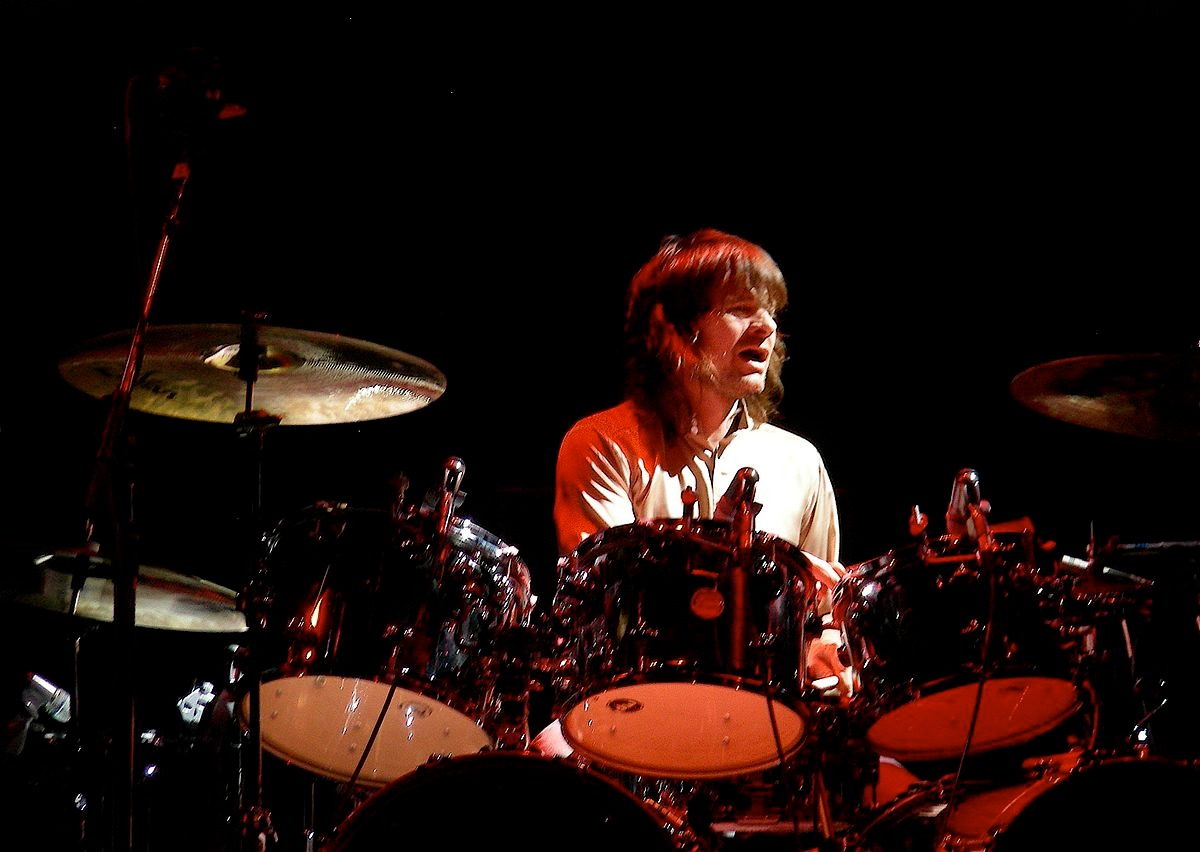Your favorite artist sliding into your DMs feels revolutionary until you realize David Bowie was doing it through dial-up connections in 1996. While record labels still worshipped physical sales and radio play, the Starman quietly launched music’s digital future—one email attachment at a time.
The First Song to Skip the Record Store
“Telling Lies” broke industry rules by arriving in inboxes instead of on shelves.
That September, Bowie made history by releasing “Telling Lies” exclusively online—the first downloadable single from a major artist. No CD pressing. No radio premiere. Just a file you could save to your hard drive, assuming you had the patience for a lengthy download.
The track reached fans through email distribution and early web hosting, bypassing every traditional gatekeeper. This wasn’t just experimentation—it was proof that digital distribution could work for major artists willing to embrace new technology.
Your Email Address Could Have Been @davidbowie.com
BowieNet transformed fandom into a subscription service with perks that beat today’s artist apps.
Two years later, Bowie launched BowieNet—part internet service provider, part exclusive fan club. For $19.95 monthly, subscribers got their own @davidbowie.com email addresses, chatrooms, 3D virtual spaces, and early ticket access.
Think Discord meets Patreon, but in 1998 when most people were still figuring out AOL. Members could host websites, join forums, and access content unavailable anywhere else. The platform anticipated everything from streaming exclusives to artist-branded social networks.
Anonymous Chats With a Legend
Bowie pioneered direct fan engagement by lurking in his own forums under fake names.
BowieNet’s forums buzzed with genuine artist interaction decades before Twitter verified checkmarks. Bowie regularly participated in discussions, sometimes revealing his identity, other times remaining anonymous among his own fans.
This wasn’t managed social media—it was raw, unfiltered connection. Fans could debate album theories directly with their idol without knowing it. The setup demolished traditional artist-audience barriers, creating the intimacy that drives today’s fan relationships.
Predicting the Metaverse and Travis Scott Concerts
In 1999, Bowie revealed startling accuracy about digital music’s future.
“The internet will crush our ideas of what mediums are,” Bowie told the BBC, predicting how technology would reshape artistic expression. His vision encompassed virtual concerts, algorithm-driven discovery, and interactive fan experiences—concepts that materialized decades later through Fortnite performances and NFT drops.
BowieNet’s 3D worlds and community features read like blueprints for modern creator economy platforms. The Thin White Duke didn’t just embrace the internet—he engineered the template for direct artist-fan digital relationships that every musician now depends on.
Your streaming playlists and artist Discord servers exist because Bowie proved fans would pay for exclusive digital access, even through 56k modems.


























